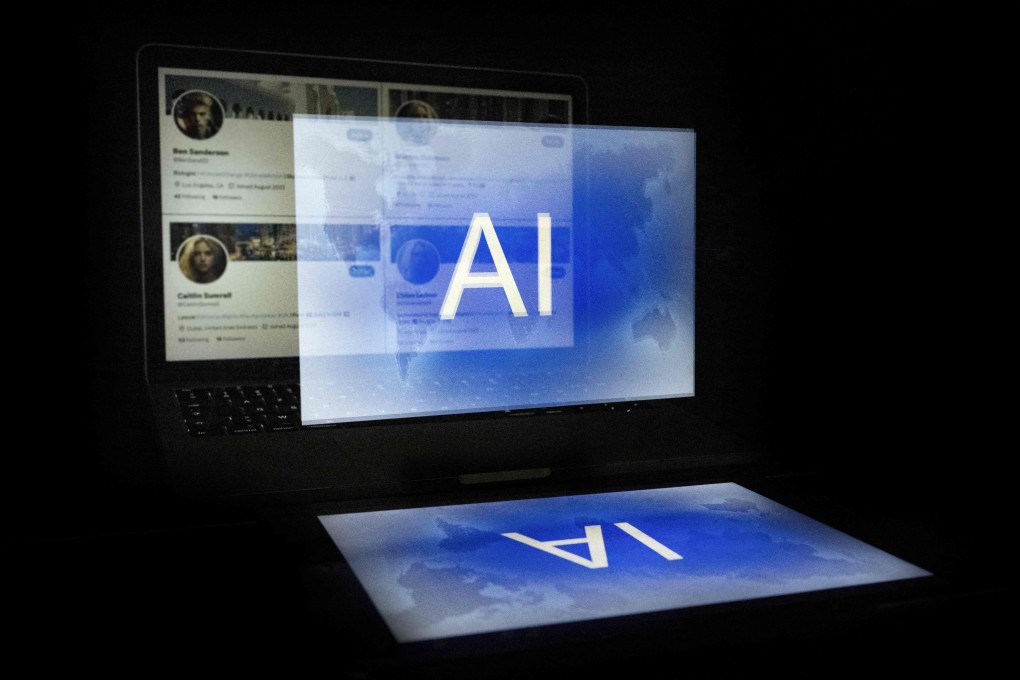Editorial | Time will tell how AI revolution plays out
- Study forecasting loss of 800,000 Hong Kong jobs is not the first of its kind and comes at a time when city is desperately short of workers

From classroom to boardroom, ChatGPT is taking the world by storm. In fact, the impact of artificial intelligence (AI) has long been felt across different spheres before the recent inroads made by the popular online chatbot. This includes whether more jobs will be rendered obsolete in the longer term. If the latest study by a recruitment firm is any reference, as many as 800,000 people, or about a quarter of Hong Kong’s workforce, will find themselves unemployed or having to change careers in the next five years because of replacement by AI. Among the hardest hit jobs are data entry clerks, administrative staff and customer service personnel. Some high-end professions, such as lawyers, will also be affected, it says.
This is not the first report of its kind. A consultancy report in 2017 had already predicted that as many as 800 million jobs could be lost worldwide to automation by 2030. Up to one-third of the workforce in rich countries, such as Germany and the United States, may need to retrain for other jobs. But new jobs are also expected to be created, though probably far fewer than the ones displaced. The numbers may appear as scaremongering. Others may take such studies with a pinch of salt, especially when their jobs are seemingly not facing any genuine threats from AI for now. The internet is awash with reviews over the inadequacies of online chatbots and predictions of the so-called most-secured jobs in the digital age.
The suggestion that up to 800,000 people could be unemployed in the city may even sound unthinkable when put against the acute manpower shortage projected by the government. The concern is more about whether we can fill vacancies, having lost a staggering 200,000 people from the workforce in recent years.
The use of machines and technology to conduct tasks performed by humans dates back to the industrial revolution. The vastly different types of jobs today and centuries ago show technology kills as well as creates jobs. While changes do not occur overnight, the trend cannot be checked. What it takes is adaptation and transformation to move on. Time will tell how the ongoing revolution spurred by artificial intelligence will shape the next milestone of human development. Meanwhile, this editorial is not written by AI.
